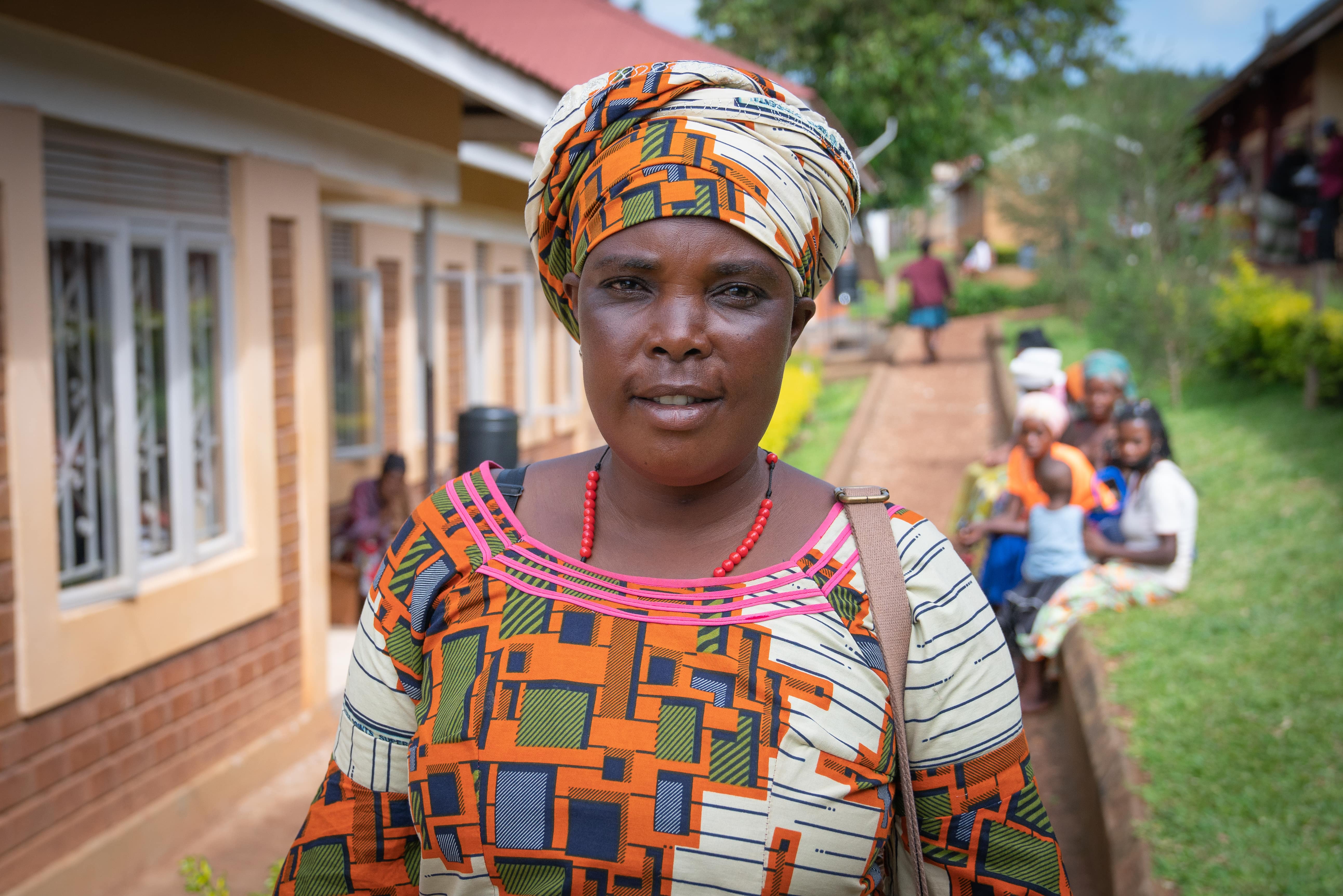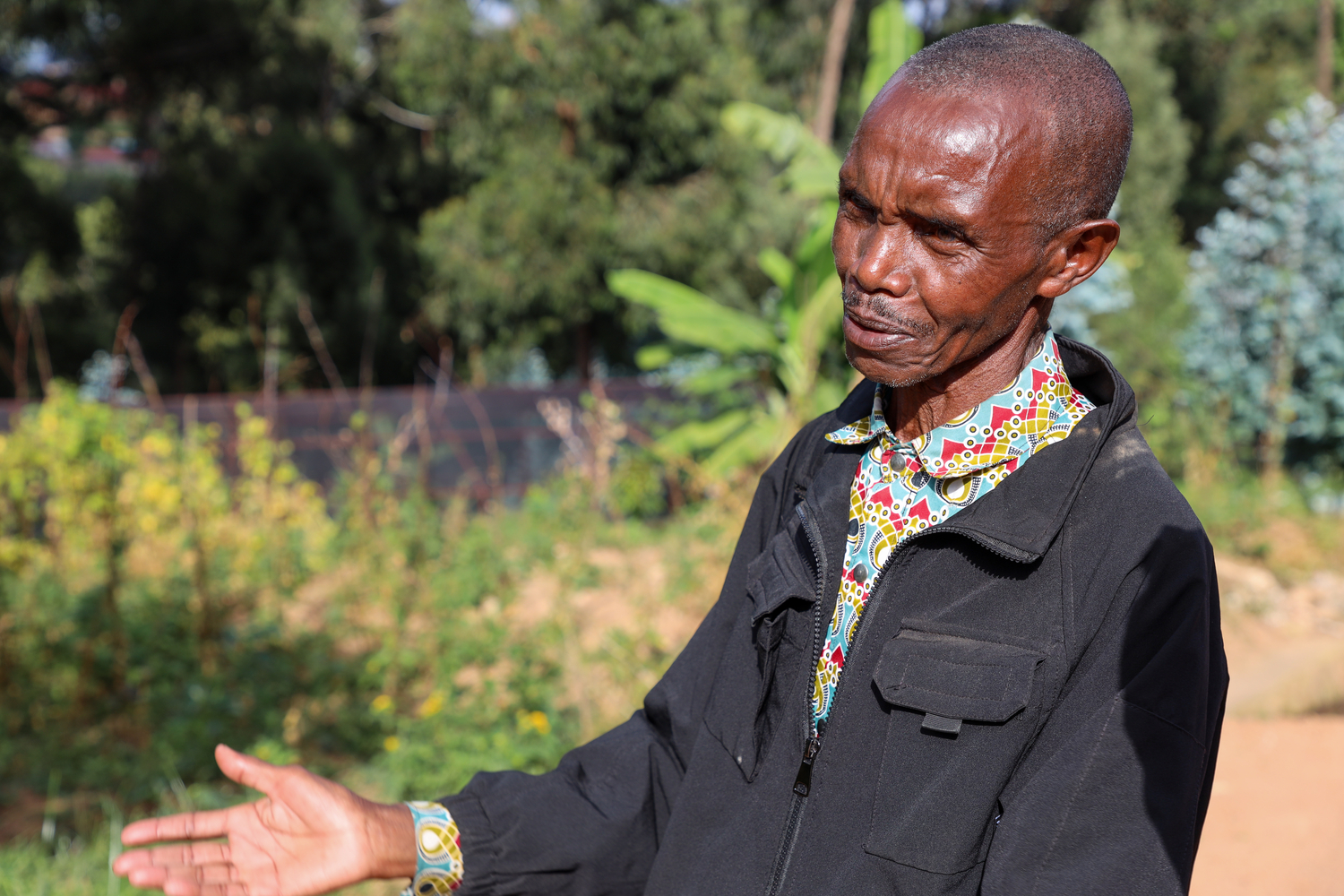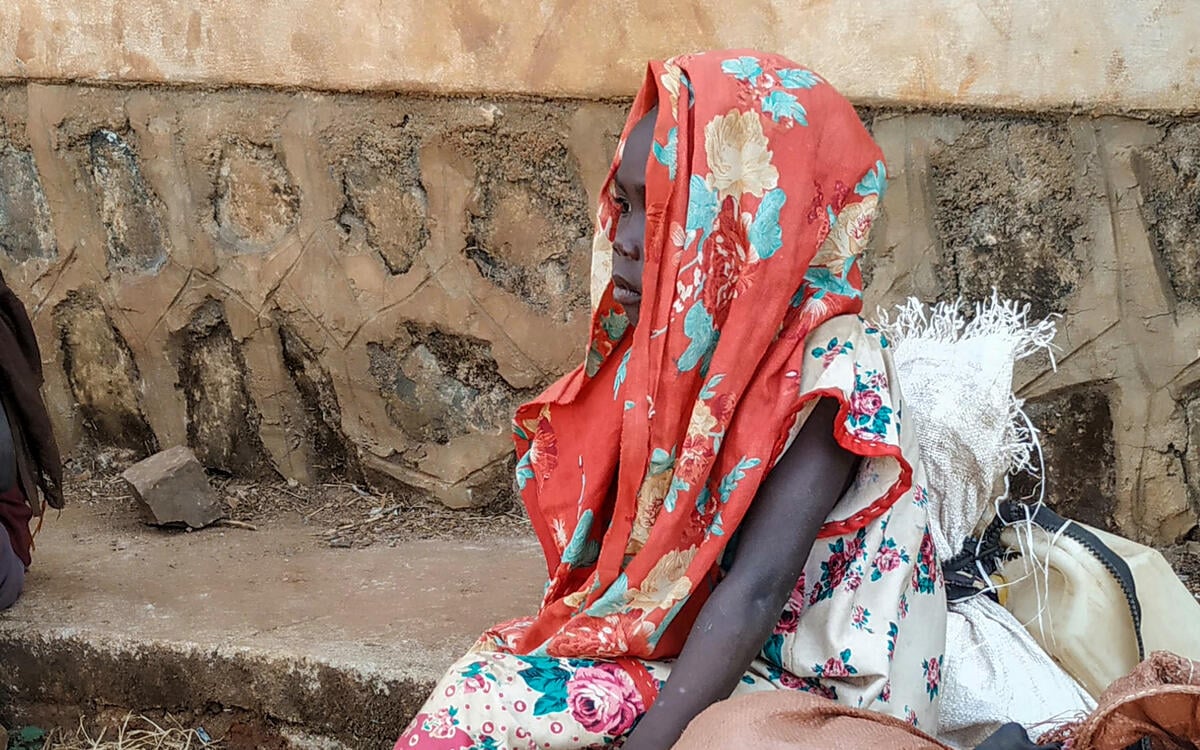Thousands of Rwandan refugees in Zambia set to fly home under new repatriation agreement
Thousands of Rwandan refugees in Zambia set to fly home under new repatriation agreement

KIGALI, Rwanda, Jan 17 (UNHCR) - The UN refugee agency on Thursday signed an agreement with the governments of Rwanda and Zambia to begin the voluntary return by air of more than 5,000 Rwandan refugees in Zambia, an agreement that could serve as a blueprint for similar arrangements in the region.
The agreement, signed in the Rwandan capital, Kigali, comes hot on the heels of an operation that has so far seen the return of more than 23,000 Rwandan refugees living in camps in Tanzania.
Speaking at the opening of the two-day meeting on Wednesday, UNHCR's Regional Co-ordinator for the Great Lakes region, Wairimu Karago, said that the refugee agency had changed its policy from merely facilitating to actively promoting voluntary repatriation to Rwanda. She added that this policy would be harmonised and implemented across the African region in a consistent manner.
"UNHCR has consulted on and examined the prevailing conditions in the region with regard to Rwandan refugees - especially the positive social and political developments in Rwanda, which have resulted in a substantial increase in the number of Rwandan refugees voluntarily electing to return home," said Karago. "As a result, we have reviewed and changed our policy from merely facilitating voluntary returns to actively promoting voluntary repatriation to Rwanda."
She added that UNHCR's decision has since been vindicated by concrete steps that the Rwandan government has taken to ensure that conditions are conducive for the voluntary repatriation of Rwandan refugees. She noted in particular the recent release from custody of 40,000 persons facing various allegations connected to the 1994 genocide and the commitment by Rwandan authorities to judiciously implement the process of Gacaca, a traditional court system.
The UN refugee agency in Zambia will immediately begin preparing profiles of the more than 5,000 Rwandan refugees in Zambian camps. It will highlight, in particular, their areas of origin ahead of the airlift to Rwanda, expected to begin this April. The agency will also launch an information campaign in Zambian camps where many of the refugees are located, to inform them of plans being made for their return home. They will learn more about the return package and reintegration support they will receive upon their return to Rwanda.
A technical working group that met on Thursday recommended that a delegation of the Rwandan government and recent returnees visit Zambia to speak to refugees about the situation in their home districts. A "go-and-see" visit to Rwanda by refugees in Zambian camps was also proposed by the working group. The visits should take place before the end of March, recommended the group.
As Zambia gears up for the return of Rwandan refugees, UNHCR is simultaneously collecting data on other Rwandan refugees in various countries throughout the African continent. This will be used for an appeal to donors for funds to facilitate organised repatriation movements, returnee monitoring and reintegration of Rwandans. Some 60,000 Rwandan refugees are estimated to be scattered across many countries in Africa.
Concluding her remarks at the Kigali meeting, UNHCR's Karago expressed her hope that the agreement signed by the three parties - the governments of Rwanda and Zambia and UNHCR - would not only "reflect the legitimate wishes of the refugees to return home in safety and dignity, but will also be the blueprint for other tripartite arrangements for the voluntary repatriation of Rwandan refugees".
The UN refugee agency expects to sign more agreements with Rwanda and countries hosting Rwandan refugees in Africa.







